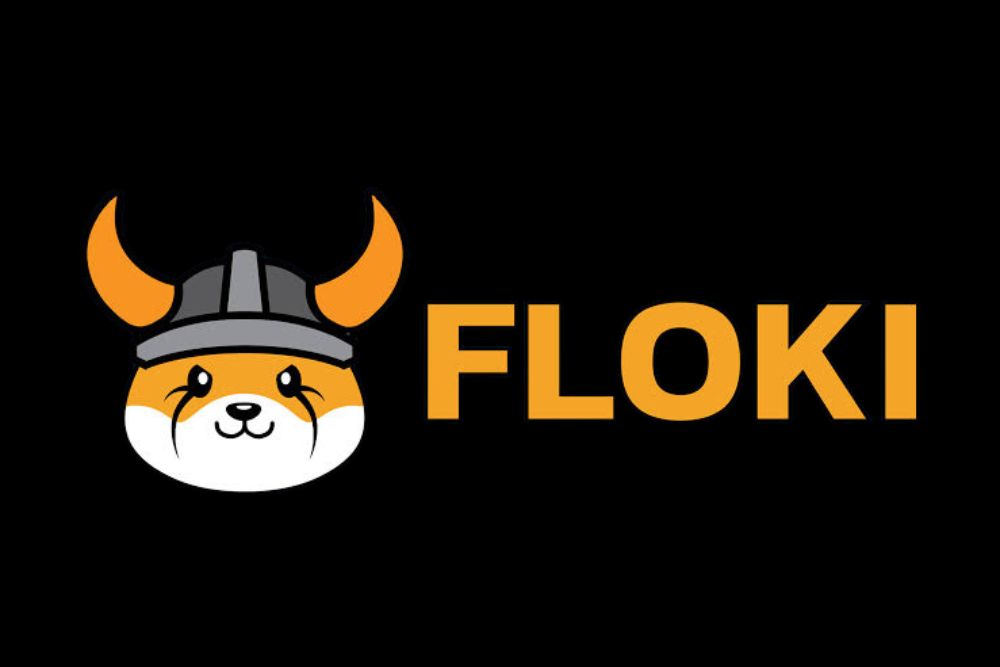Ethereum-based memecoin project Floki has announced the launch of its debit card, enabling users to spend their crypto assets worldwide. Partnering with Visa and Mastercard, the Floki team claims the debit card will become functional for users at millions of merchant locations.
Recall that the Floki team unveiled its expansion strategy in March, transitioning the project from a memecoin to a crypto ecosystem. This initiative includes introducing debit cards, staking services, and other innovative offerings. Additionally, the highly anticipated launch of Valhalla, a metaverse blockchain game, is part of this expansion effort.
Floki Launches Debit Card
The Floki team boasts the debit card will feature 0% transaction fees, 0% exchange rate fees, and support for over eight blockchain networks. Users can fund their cards directly with the FLOKI token or major digital assets like Bitcoin (BTC), Ether (ETH), Tether (USDT), Binance (BNB), and Solana (SOL). TON and its tokens, including DOGS, HMSTR, and NOT, can be used for funding.
Users have the option of physical and virtual Floki debit cards. Regarding pricing, the physical card incurs a one-time fee of €32, including shipping, while the virtual card costs €10. A 2% top-up fee applies to both options. While the physical card is currently available in 31 European countries, its twin product, the virtual card, will have a worldwide release.
However, both products are subject to certain geographic restrictions. They are not available for use in countries under economic sanctions by the Office of Foreign Assets Control (OFAC) or restricted by the issuing banks, Mastercard, or Visa.
Meanwhile, despite the latest development, the token’s price has remained relatively unchanged, with no significant market reaction observed following the announcement.
Not the First
Aside from Floki, several crypto projects have launched payment cards. These projects include Binance, Coinbase, BitPay, and Nexo. Recently, Layer-1 blockchain developer Avalanche Foundation launched a crypto Visa card.
These cards enable users to spend their crypto in real time, enhancing the accessibility and usability of digital assets. They further aid crypto adoption by simplifying transactions and providing users with greater flexibility. Users can expect more payment solutions to emerge as the industry grows, integrating digital assets into everyday life.

